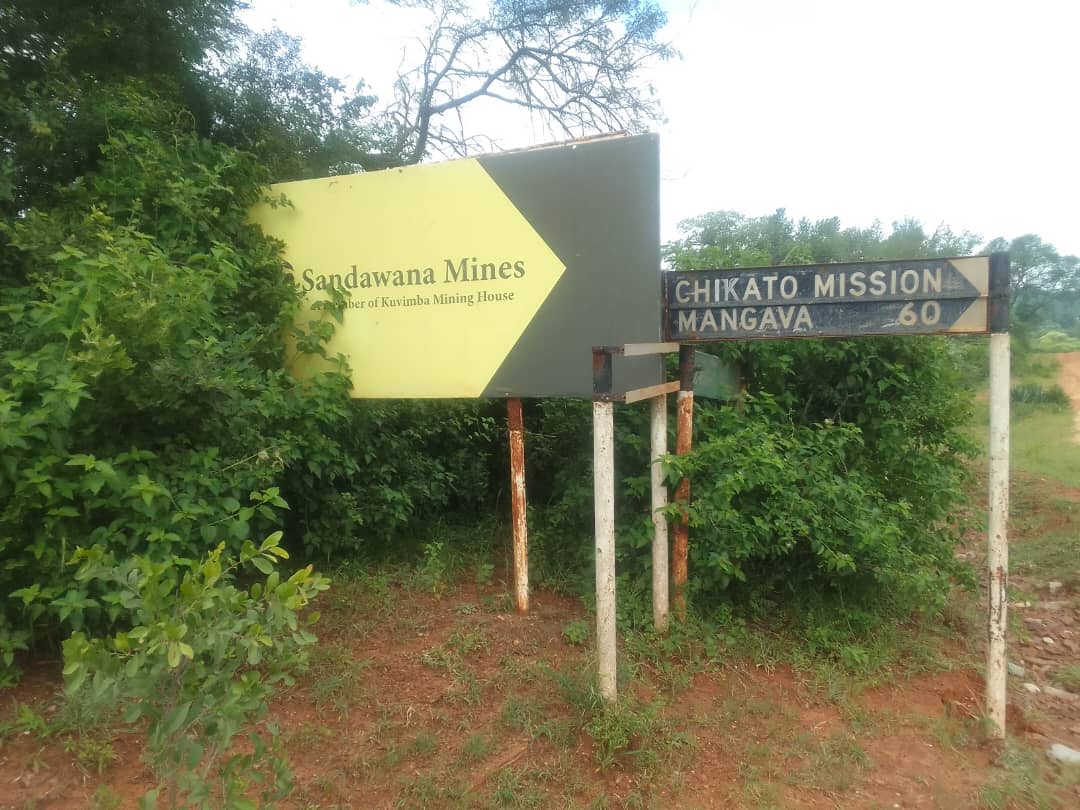Moses Ziyambi
Being among the most vulnerable places on the globe, Zimbabwe in particular, and Africa in general, must push the agenda of adaptation as well as loss and damage finance at the upcoming COP28 which will hosted by the United Arab Emirates later this year.
Renowned climate researcher Dr Leonard Unganai told EnviroPress that Africa must be resolute in pushing terms that respond to its grim reality as an acutely vulnerable continent.
“One of our main issue is vulnerability therefore adaptation, resilience as well as loss and damage are critical to us. Outcomes of COP27 demonstrate success for Africa in putting loss and damage finance on the agenda, and there is now some traction on creating a finance mechanism to pay for losses and damages that we experience as a result of climate change,” said Dr Unganai.
According to the United Nations Environment Programme (UNEP), loss and damage refers ‘to the negative consequences that arise from the unavoidable risks of climate change, like rising sea levels, prolonged heatwaves, desertification, the acidification of the sea and extreme events, such as bushfires, species extinction and crop failures.’
At COP27, which was held in Egypt, countries reached a decision to establish and operationalize a loss and damage fund, particularly for nations most vulnerable to the climate crisis.
UNEP says the fund aims to provide financial assistance to nations most vulnerable and impacted by the effects of climate change.
“We used to believe that adaptation and resilience were key to addressing climate change but we now realize that with whatever resources you have, you can only adapt up to a point. There are, however, times when you get extreme weather events that cause a lot of damages and losses to economic systems as well as to our natural ecosystems. We therefore need to push for better ways by which communities can best be compensated for those irreversible losses and damages to infrastructure, to their livelihoods and to natural ecosystems,” Dr Unganai said.
On this note, another climate change expert Archieford Chemhere said Africa must push to make the available funding mechanisms more accessible to them.
“There are funding pledges that have been made for adaptation but countries like Zimbabwe are finding it very difficult to access the funds. Moving into COP28, Africa must push to make those resources more accessible,” said Chemhere.
This reporter gathered that the iissue of accessibility of adaptation finance is topical, with criticism that such facility as the Green Climate Fund are almost unhelpful due to their difficult application processes. Requirements for submitting a proposal are considered too prohibitive and countries find it difficult to convince the board on bankable projects.
On energy transition, Dr Unganai said Africa needed to critically evaluate its relationship with thermal energy from where countries of the world are being urged to transition.
“There has been big debate on whether we need a phase-out or phase down of coal. It’s a debate we need to sustain and conclude. The transition to green energy is a noble idea which we need to pursue but a key enabler of the transition is the availability of huge financial resources from the Global North. We need to keep pushing for those financial flows
“We in Africa, Zimbabwe in particular, face energy crises and we depend so much on coal as a source of energy. We, therefore, cannot transition out of thermal energy overnight; we need a bit of time and we also need to look at the economic costs and who will fund that transition,” he said.
This was supported by Chemhere who said Africa needed to balance the transition and its quest to overcome energy poverty.
“We need a phase down approach, recognising our responsibility to provide energy to citizens without negating our commitment to the Nationally Determined Contributions (NDCs) since we are a signatory to the Paris Agreement. We must be cognisant of the common but differentiated responsibilities and capabilities as enshrined in Article II of that agreement where countries’ obligations are benchmarked against each member country’s capacities,” Chemhere said.
In 2021, Zimbabwe updated its NDCs and pledged to cut its greenhouse gas emissions by 40 pecent across all sectors of the economy by the year 2030. The country had previously committed to a 33 percent carbon emission cut at the first generations NDCs reached in 2017.
However, during preparations for COP27, Environment Minister Mangaliso Ndlovu warned that Zimbabwe was not going to be stampeded into a wholesale dumping of coal without sufficient time and financial support to move to cleaner alternatives.








